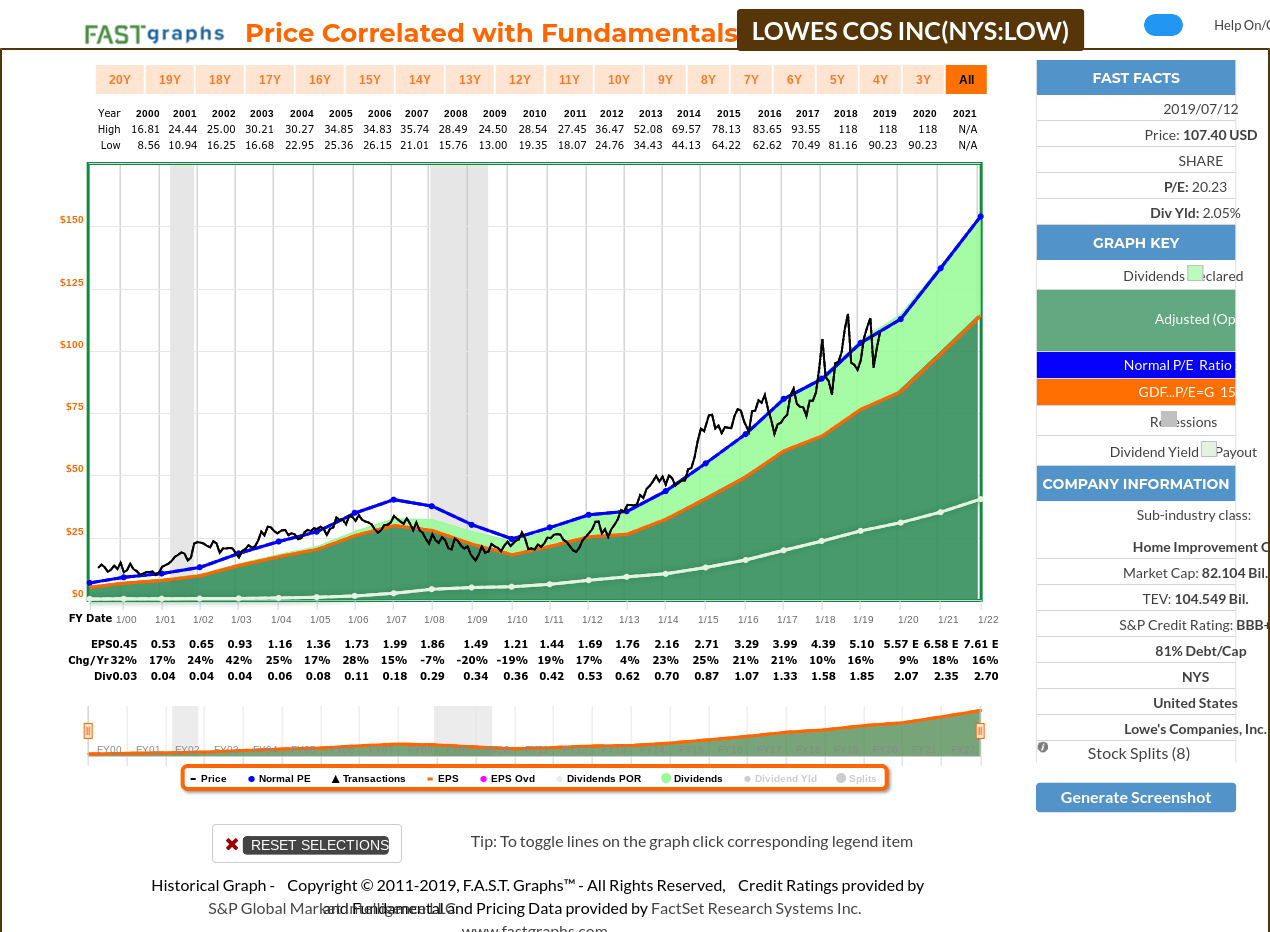
During the pandemic, about 25% of stocks were traded by these non-professional investors, propped up by online trading platforms like Robinhood as people worked from home. But persistent supply chain backlogs and elevated prices have left consumers with a strain in their pocketbooks, and there’s no clear answer for when that will change.Īdditionally, retail investors, who individually trade in the stock market, have started to lose their interest. These earnings drops are perhaps the biggest signs that the pandemic bubble has burst, as more consumers shift their spending habits from digital, online experiences to real-world experiences, says Emily Bowersock Hill, chief executive of Bowersock Capital Partners, a financial management firm. The market value of Zoom, a popular virtual conferencing company that people relied on to stay connected while working from home or attending school, has dropped to $26 billion, slightly less than its value before the pandemic.

Shares of Peloton were down 13% by midday Tuesday, leaving the connected fitness brand with a market value of about $4 billion, down more than 90% from its high in early 2021 of $47 billion.Īnother pandemic darling, Netflix, saw its shares drop roughly 75% from its record-high in November after losing 200,000 subscribers in its first quarter, with projections to lose more than 2 million more in the second quarter due to growing competition.

Peloton, one of the most popular companies in the early days of the pandemic, announced Tuesday morning it lost $757 million in the first three months of the year, significantly more than analysts predicted. Big Tech has shed over $1 trillion in value over the last three trading sessions as many of the world’s biggest companies are still reeling from the effects of not meeting earnings expectations.


 0 kommentar(er)
0 kommentar(er)
